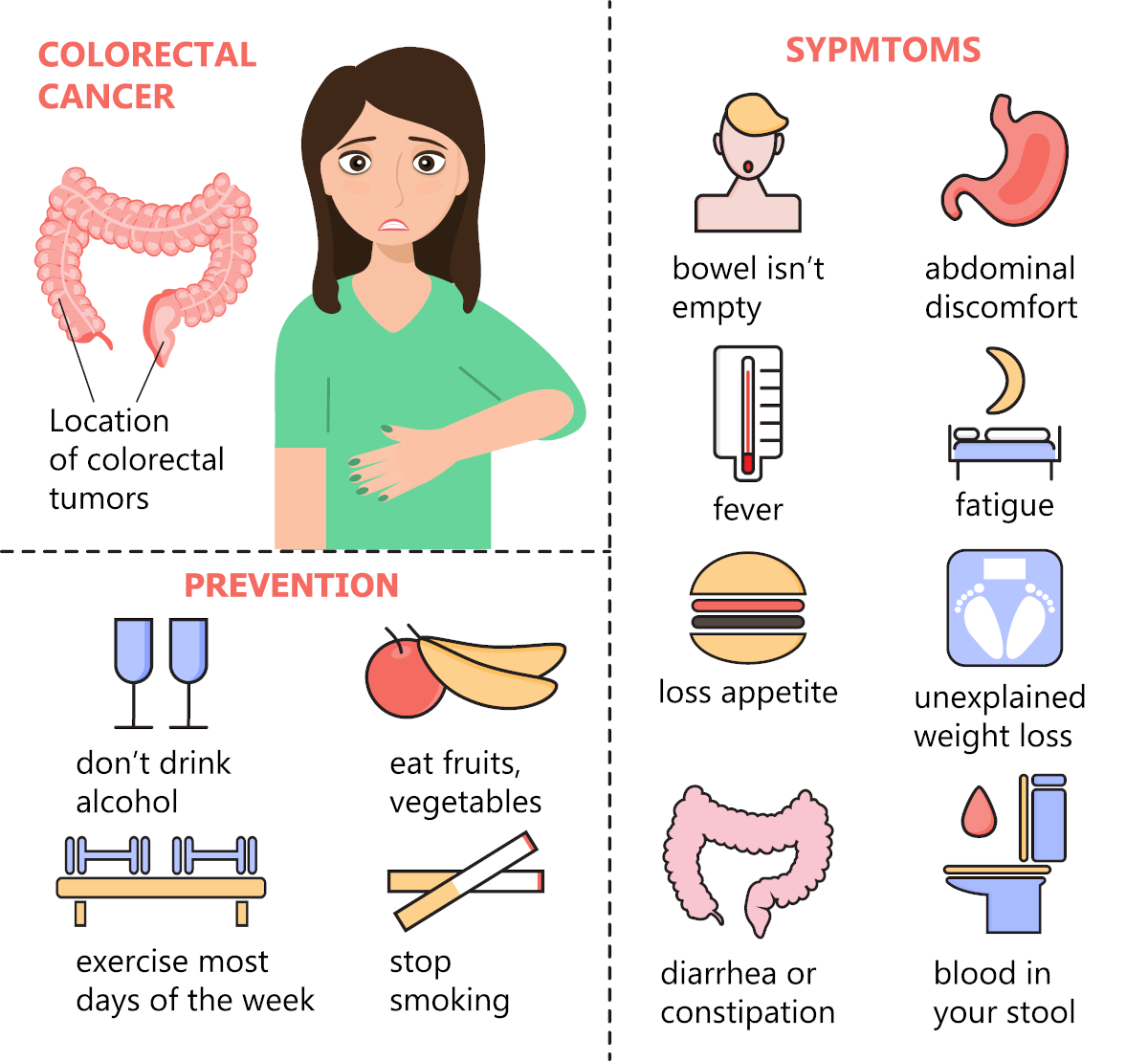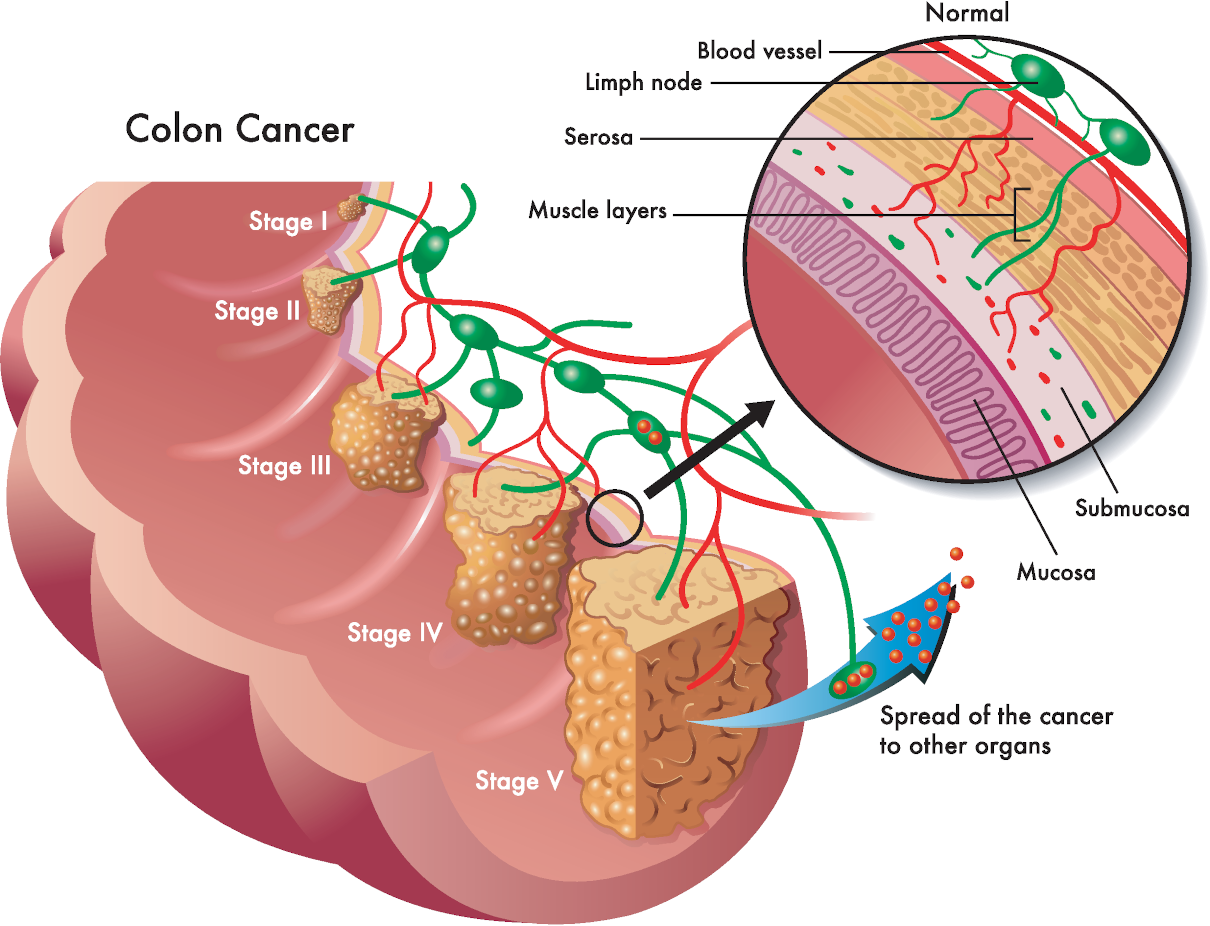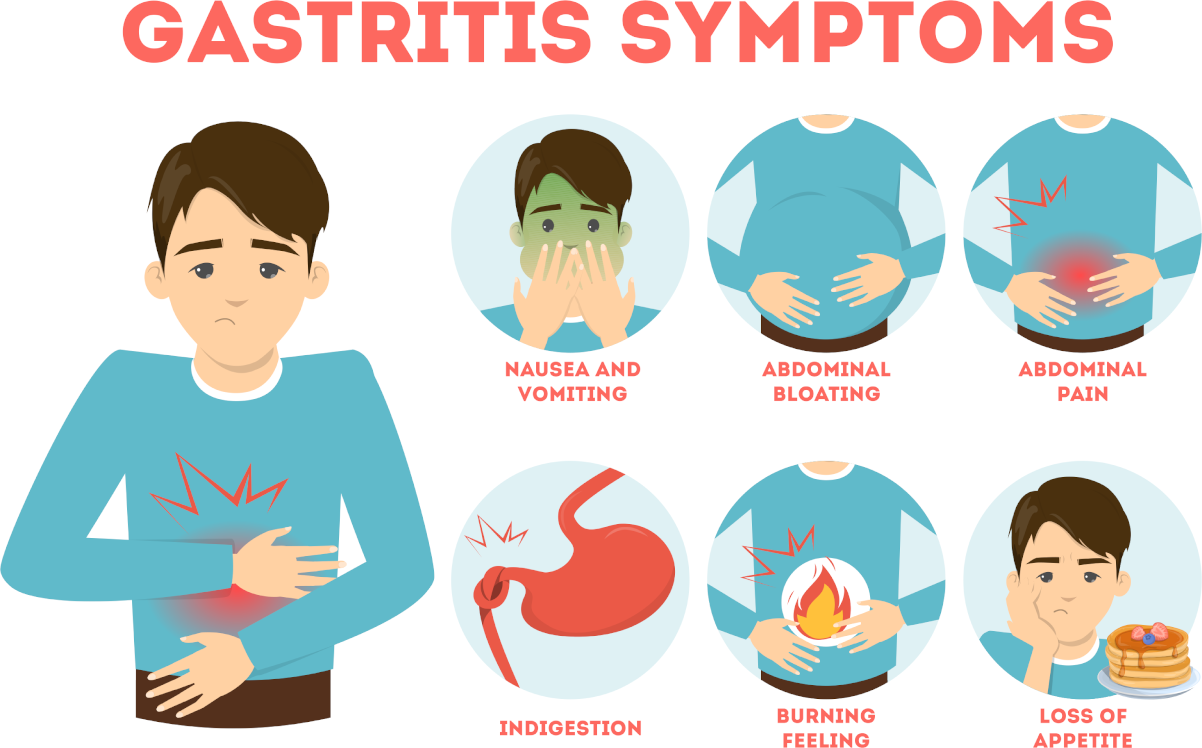
Pathological processes diagnosed in the colon, such as polyps and inflammatory diseases, can lead to a malignant tumour. At the same time, the patient may not guess about developing a terrible pathology for a long time. How do you keep the situation under control, and what symptoms are alarming? Oncology of the large intestine, the signs of which have already appeared, requires immediate medical attention.
Both men and women are equally at risk of developing colon cancer. However, the course of the disease does not depend on gender either. The only difference is which body parts are more vulnerable in women or men. Thus, the diagnosis often finds rectal cancer in men, up to 60% of cases, and colon cancer in women, up to 55% of cases.
Symptoms
The disease can begin at any age, but the diagnosis of colon cancer is usually made in patients older than 50. However, the highest cancer cases occur at 60 to 75 years.

One colonic irrigation session including consultation
Colon irrigation and comprehensive consultation with a professional colon hydrotherapist registered with RICTAT and ARCH at the Parkland Clinic in Holborn. We use a closed system only—London’s best colonic hydrotherapy deal.
Colon cancer is cunning because it may not manifest itself in any way in the early stages. However, some signs should alert the patient. The most common symptoms of confirmed colon cancer are frequent constipation, gas or faecal incontinence, bloating and foul-smelling faeces.
Suppose there is blood in the faeces or stools, stained crimson. It is a clear signal that an urgent examination is necessary. For instance, bleeding in the intestinal cavity may indicate a cancer process.
Symptoms and diagnosis of colon cancer
In general, the overall deterioration of health is noted in the case of colon cancer: weakness, loss of appetite and weight and dull abdominal pain. With a progressive process, anaemia appears, expressed by the overly pale skin and intestinal obstruction. And the accumulation of fluid in the peritoneum.
Specific symptoms express diseases of different parts of the colon.

Alkalising colonic irrigation with sodium bicarbonate
Safe and effective colon hydrotherapy includes an initial consultation. Consequently, sodium bicarbonate delivered to the colon through hydrotherapy can kill off candida.
So, severe pain occurs during a bowel movement if a tumour develops in the rectosigmoid colon (rectum and sigmoid). In the case of colorectal cancer, specialists often find purulent, bloody or mucous contaminants in the stool. When a tumour is in the transverse section of the colon, heaviness, discomfort, and aching pains in the upper abdomen are often confused with gastritis or pancreatitis.
Initial stage of disease
Sometimes, the course of the disease is difficult to detect at the initial stage. Therefore, people over 50 should annually undergo preventive check-ups with a gastroenterologist. If the patient has confirmed colon cancer, the symptoms may not yet appear, but he already needs treatment.
After a detailed survey (anamnesis) of the patient, examination and palpation of the abdominal cavity, the doctor may suspect a tumour formation in the rectum. Then, he prescribes a stool test for occult bleeding and a complete blood count. If tests have confirmed the physician’s assumptions, further examination is necessary. Colonic irrigation will help keep the intestines and the body as a whole in a healthy state.

Food intolerance test of 208 ingredients
This is our most comprehensive food and drink test. It analyses your client’s IgG antibody reactions to 208 food and drink ingredients. This test will highlight their food triggers and help you formulate an IgG-guided elimination diet together.










